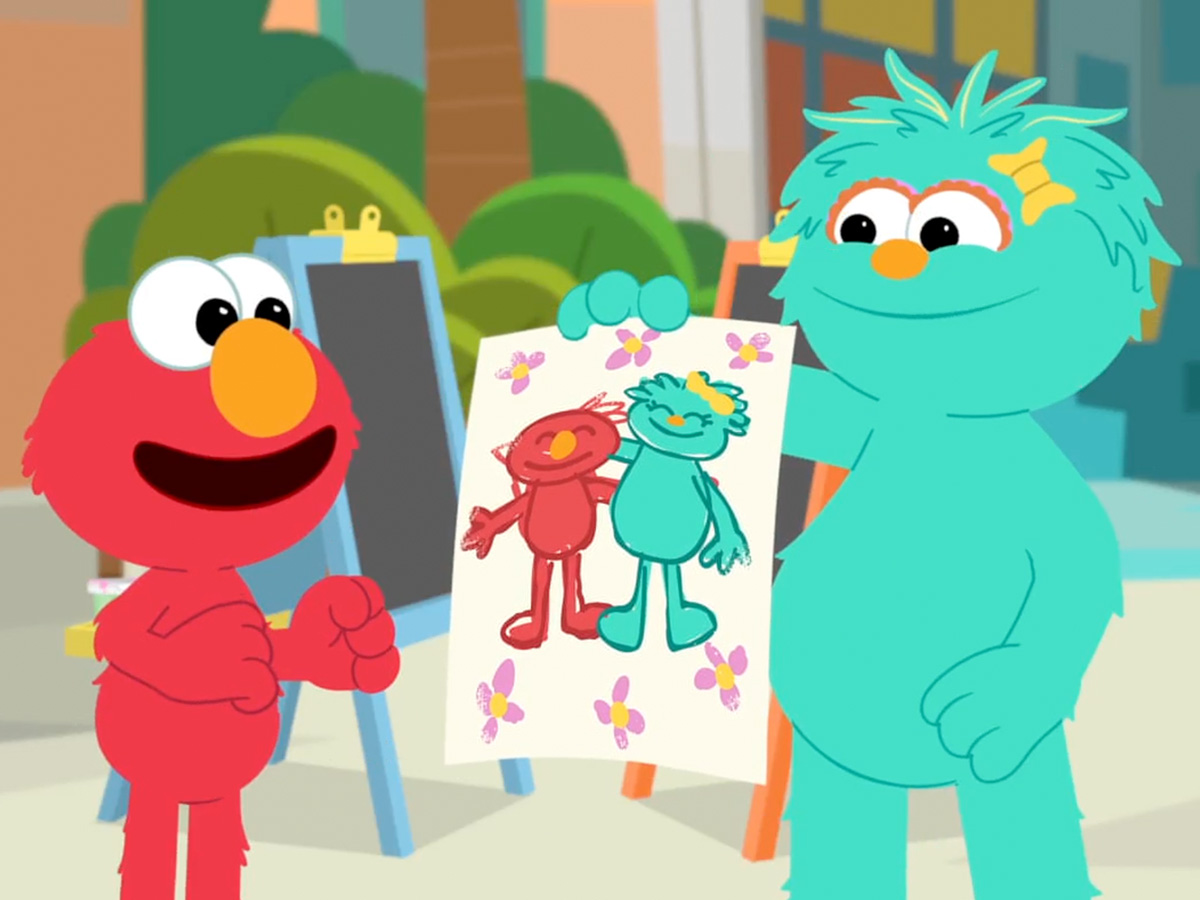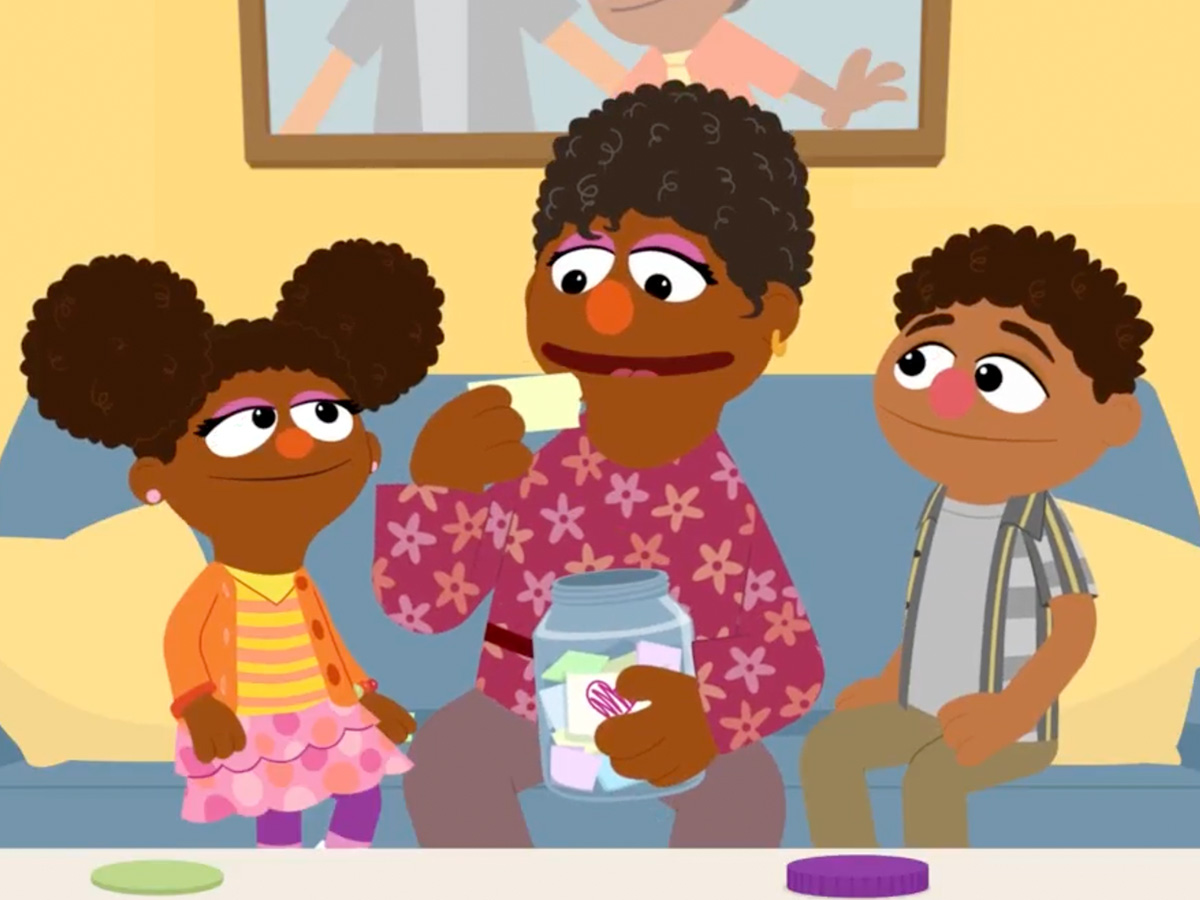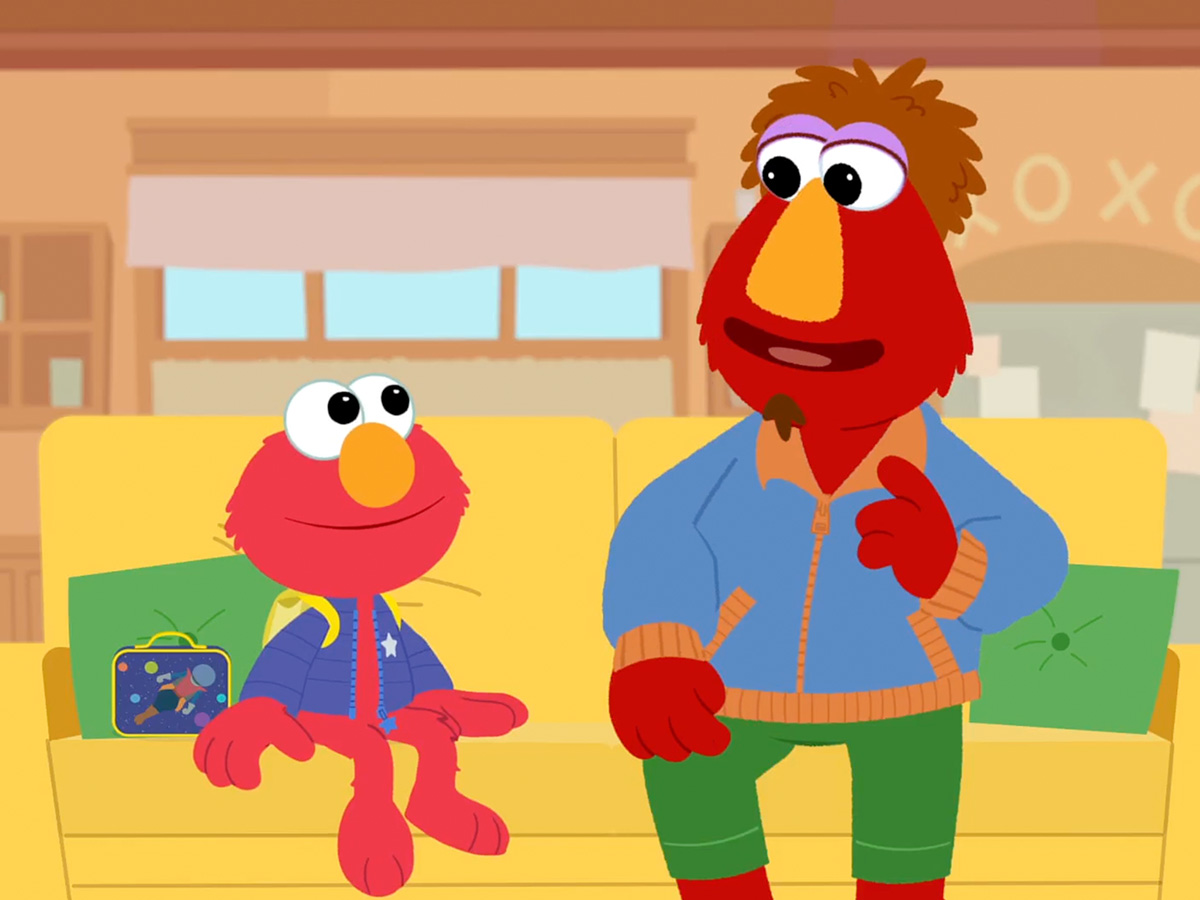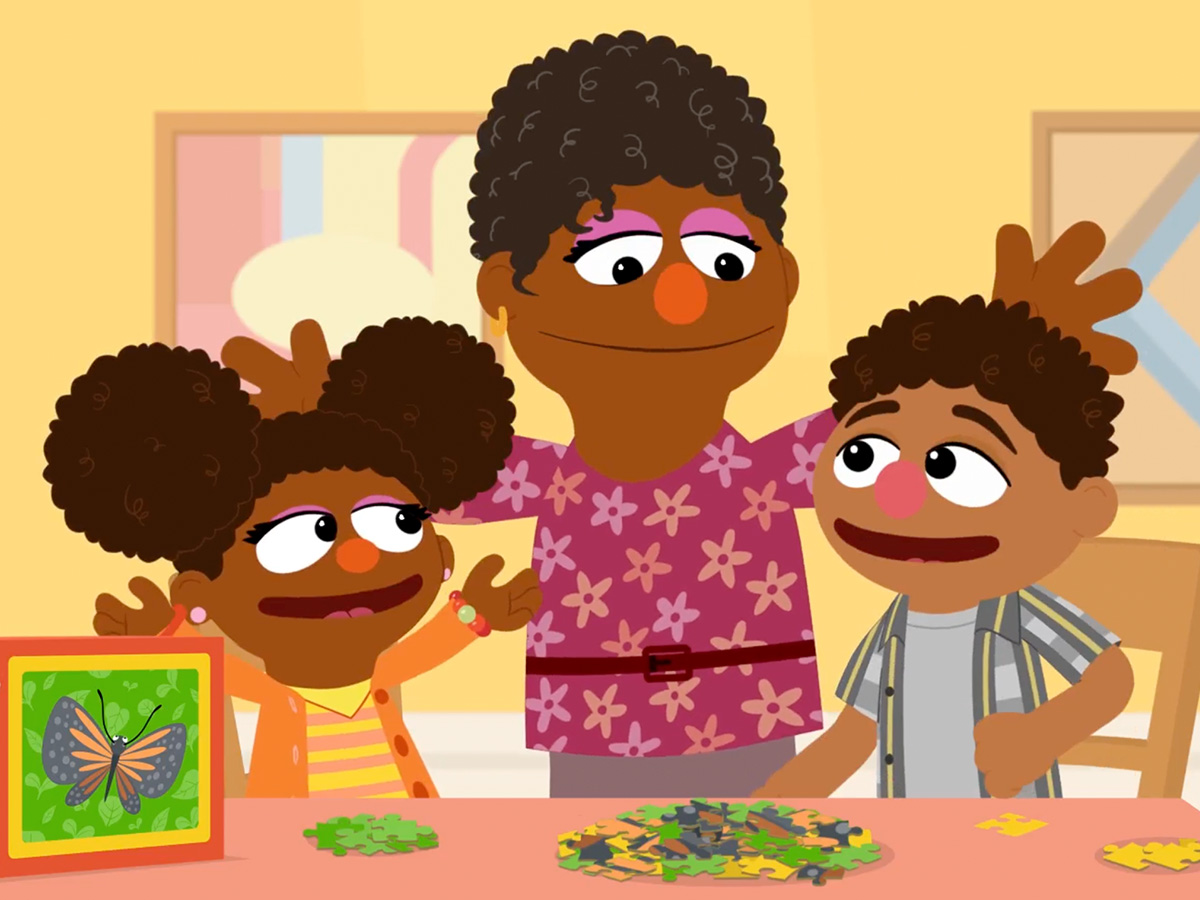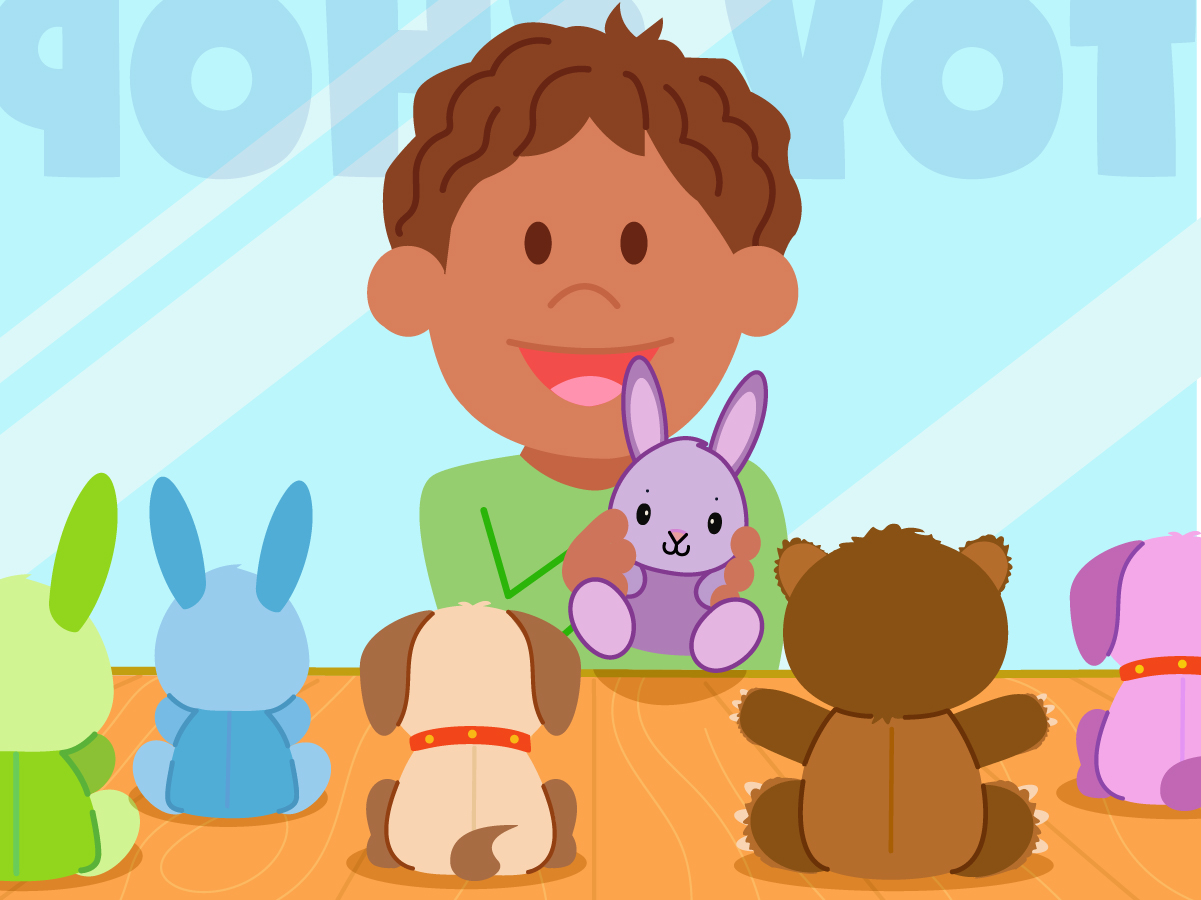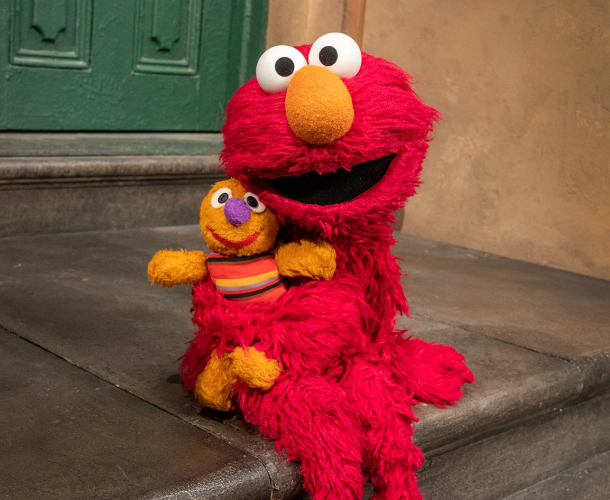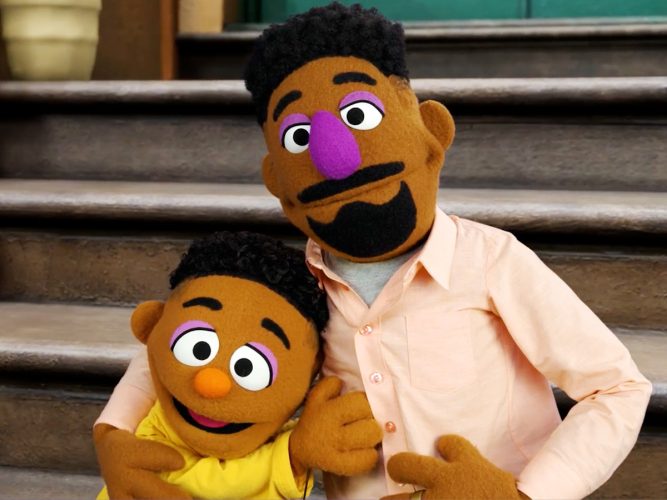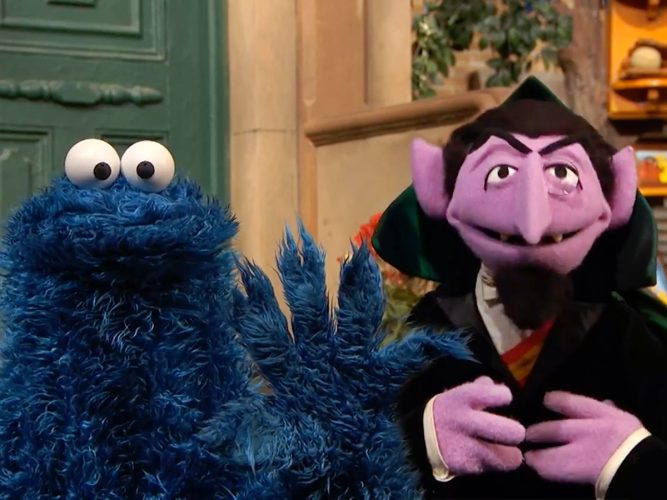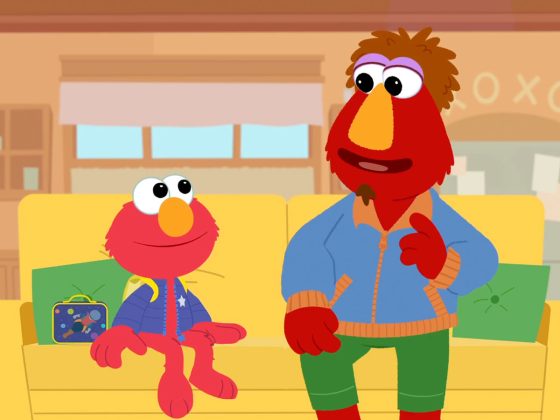
6 Essential Coping Skills for Kids’ Mental Health
Some moments make warm, amazing memories — like when your child builds their first block tower or takes their first step. But not every experience can be sunny and bright. Some moments remind us how important it is to care for our emotional health.
That’s why the monsters on Sesame Street are learning to practice self-care to help get through the cloudier days. Read on to learn what mental health coping strategies Elmo, Grover, Rosita, and others use. And because you can never be too prepared to support your family’s emotional well-being, we’ve also asked behavioral health professionals to share their ideas.
1. Practicing Self-Kindness
Being kind to even just one person every day can make a world of difference in your community. But, some days, the person who needs that kindness the most is you! It may be hard to be kind to yourself, but that’s exactly why self-care is called a “practice.” Watch as Elmo reminds Rosita that being a good friend also means being a friend to yourself.
2. Attitude of Gratitude
Some ideas for self-care take longer to show results, but the more we keep them up, the more often they return good feelings. One example is keeping a family gratitude jar—a jar you add a note to whenever you’re feeling grateful. Then, in tough moments, you can reach in for a reminder of those moments of thankfulness. Watch this video to see Grandma Nell remind Tamir and Gabrielle how gratitude creates a kinder attitude.
3. Grown Ups Need Practice in Being Kind To Themselves, Too
Lessons tend to stick better with practice, but we also learn by simply watching others. That’s why it’s so important that Elmo sees his daddy, Louie, work through his hard time with kind self-talk. The page also includes some ideas for positive affirmations to get you started.
4. Helping Others How They Want to Be Helped
It’s natural to want to fix children’s problems! But offering a solution isn’t always what they want or need. Instead, giving choices between helping, hugging, or listening — giving children a chance to feel heard — may be a great starting point. Watch this video in which Grandma Nell gives Gabrielle and Tamir personal attention for their individual needs, while supporting them emotionally just by asking if they would like to be Helped, Heard, or Hugged.
5. Take a Breath, Or a Hum
Catchy tunes can boost our moods, but bursting into song may not work in every setting. That’s when you can hum instead! Humming activates a nerve in your throat that helps you relax. Humming a song together with a friend might even make for some giggles. Try this catchy tune in the video.
Another idea is to take a deep breath to reset, just like Grover does with his friend as he learns about Butterfly Breathing.
6. More On Kid’s Emotional Health
Join this webinar to hear from our friend Erica Key, Founder and Chief Learning Officer of Learning Seeds, to review effective strategies to support young children facing emotional challenges.
Read on to learn what four child mental health providers from the National Alliance on Mental Illness (NAMI) have to say about anxiety in young children
Caring for a child’s physical health concerns or learning disabilities as early as possible helps us help them continue to thrive. Mental health is no different. If you’re worried about your child’s mental health, read these kind words from Christine Crawford, MD of the National Alliance on Mental Illness (NAMI).
Be kind to yourself as you learn, practice, and work to get better at helping yourself and those you love. Everything you practice makes a difference in your child’s life!
